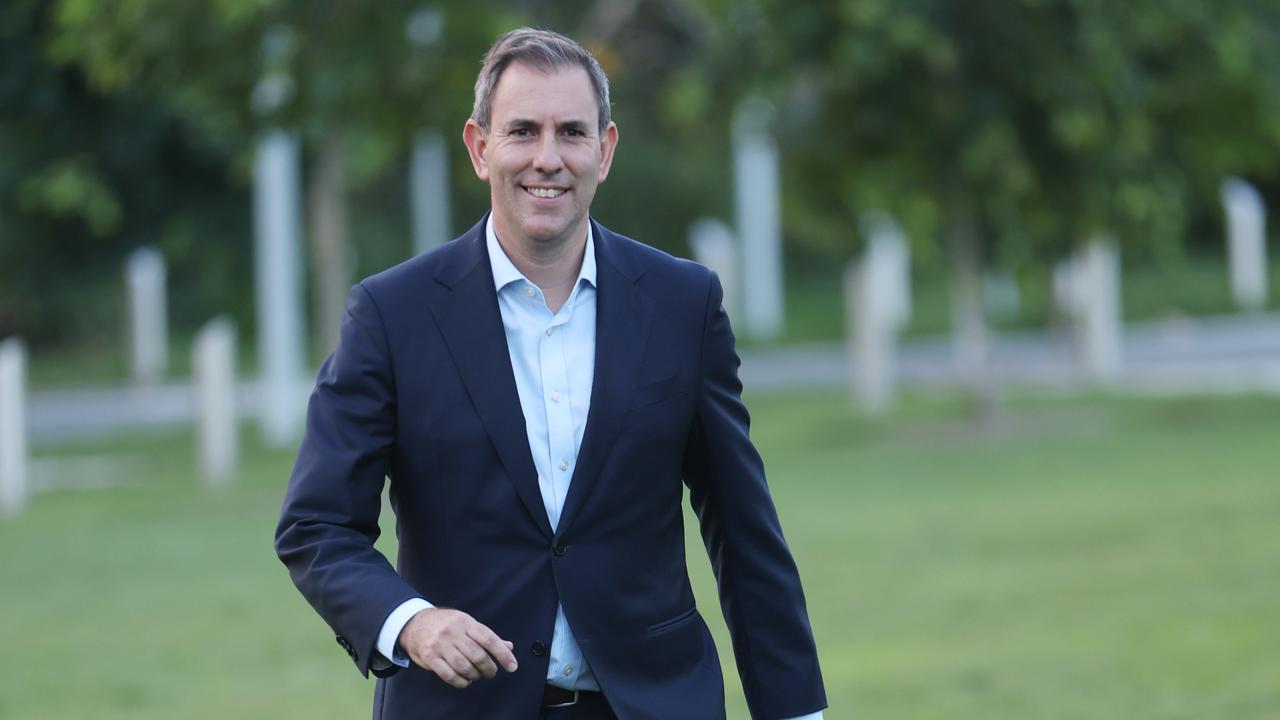
Despite a fresh wave of attacks on the presence of super “tax concessions”, a new report from superannuation expert David Knox at Mercer, makes a clear case for retaining what is ultimately a smart investment for the government.
Knox says that for “average income earners the cost of the concessions is less than the future age pension saving arising from superannuation”.
In fact, anyone who looked at last week’s Intergenerational Report can see that historically the success of super has dramatically cut the cost of the pension. The IGR report forecasts that even though the number of people over 65 is set to double – the cost of the age pension is going from drop from 2.3 per cent to 2 per cent of GDP over the next four decades.
Knox, who works as policy leader for the giant Mercer group, spells out the ongoing benefit of having tax concessions in the super system suggesting the current setting “provides the government with a net gain over the longer term”.
The release of the Mercer report this week coincides with a joint effort by the six independent Teal MPs calling for “everything to be on the table” as part of a move to lower the load on personal income tax in the tax system.
Tackling the widely reported conclusion from the recent Retirement Income Review that “super tax concessions are poorly targeted”, Knox says tax arrangements in super should be adjusted to make the system fairer, improving outcomes for middle income investors and making it less attractive for those on very high incomes.

Under current arrangements money held inside super during accumulation (the lead-up to retirement) is taxed at 15 per cent and after retirement all income is free of tax until the underlying retirement fund exceeds $1.9m, when tax is imposed at 15 per cent.
The Albanese government plans to add a new super tax to the equation effectively lifting the top super tax rate to 30 per cent on earnings on amounts over $3m.
Controversially, this new tax also includes the taxation of unrealised gains – an unprecedented development in tax arrangements.
Knox backs a new tax on high vale super funds of more than $3m, a raising of the current pension drawdown rates and an extension of the high income super tax known as Division 293.
However, for middle income Australia Knox suggests the “taper trims” of recent years have been overdone. The taper rate controls access to the pension. Just now for every $1000 in assets held by an individual the fortnightly pension is cut by $3. He believes that should be softened to $2 a fortnight.
As the debate over super tax concessions continues, major super funds are braced for the release on Thursday of the expanded super performance results. The annual government-backed review of super funds has until now been limited to “my super” funds but this year it opens out to include almost all super funds in the market.
Known as the Your Future, Your Super reforms, the process kicked off in July 2021 and the performance of individual funds is matched against a benchmark created by the Australian Prudential Regulation Authority.
Funds that fails the performance test have to notify members. If an investment option fund fails the test two years in a row, the fund is blocked from taking new members. The early evidence is that most funds that fail the test are effectively rescued through mergers with larger funds which are not at risk of failing the test.








Superannuation tax concessions should stay in place – they more than pay their way in the form of reduced aged pension costs.